About Polaris
Polaris is founded on the belief that the power of partnerships can make good companies great. We are a private equity company focused on transforming mid-sized companies in the Nordics.
At Polaris, we believe that collaboration can make good companies great. Through our Nordic roots and relationships, we work closely with our portfolio companies to achieve shared visions and goals. We take pride in having shared this journey for more than 20 years with our investors and many partners – management teams, board members, co-investors and advisors.
Navigate this page
Our Focus
Private Equity Investments in mid-sized companies
At Polaris, we have since 1998 consistently focused on investing in Nordic mid-sized companies. Typically, this means companies with sales from EUR 20m and up to EUR 200m. Our way of working is founded on the belief that the challenges in developing mid-sized companies are unique and require a tailored approach, which we have refined over the past +25 years.
Our Objective
Develop Companies with Great Potential
Our objective is to invest in good companies with great potential and make them bigger and better in partnership with the Management and the Board.
Our aim is to double the size of our companies by making operational and strategic step-changes. We do this in partnership with management teams and board members over a period of four to seven years. We know our goals are ambitious, and we approach them with both respect, humility and confidence.
Our Approach
Utilizing the Polaris Excellence Model in our work
By building partnerships based on ambition, trust, and expertise, Polaris works towards doubling the size of our portfolio companies.
Our experience and network have been used to create the Polaris Excellence Model – A structured approach which enables the management of our portfolio companies to execute their ambitions and realize their company’s full potential.
Our investors
Polaris was founded as a private equity company in 1998. Since then, we have secured close to 2 billion Euros for investments from a broad group of institutional investors in the Nordics and throughout Europe. These investors include insurance companies, financial institutions, pension funds and family offices. In addition, we as the Polaris Team, commit our own money to the funds and therefore align our interests with our partners.
Funds raised throughout Polaris’ history are shown below:
Some of our investors
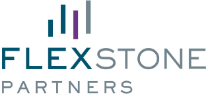
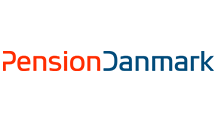





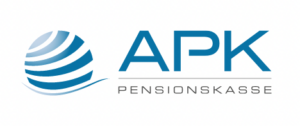

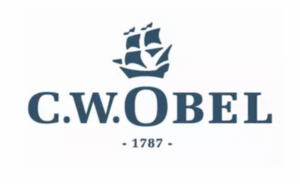

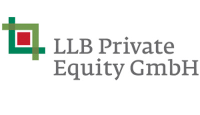


A deeper look at Polaris investors
Investors by Industry
Investors by Geography
Polaris History
1998
Polaris was founded in Copenhagen, Denmark, in 1998 by Viggo Nedergaard Jensen as the first Managing Partner. The strategy, which remains to this day, was to invest in and develop medium-sized companies in the region. A total of 180 MEUR of capital was raised in the same year and the first two investments were made in 1999, Logstor and Louis Poulsen.
The initiative behind the creation of Polaris, and the initial investors, were a group of leading Danish institutions: the leading bank, Danske Bank, the state pension fund ATP, the leading private pension provider PFA and the largest Danish private company A.P Møller – Maersk.
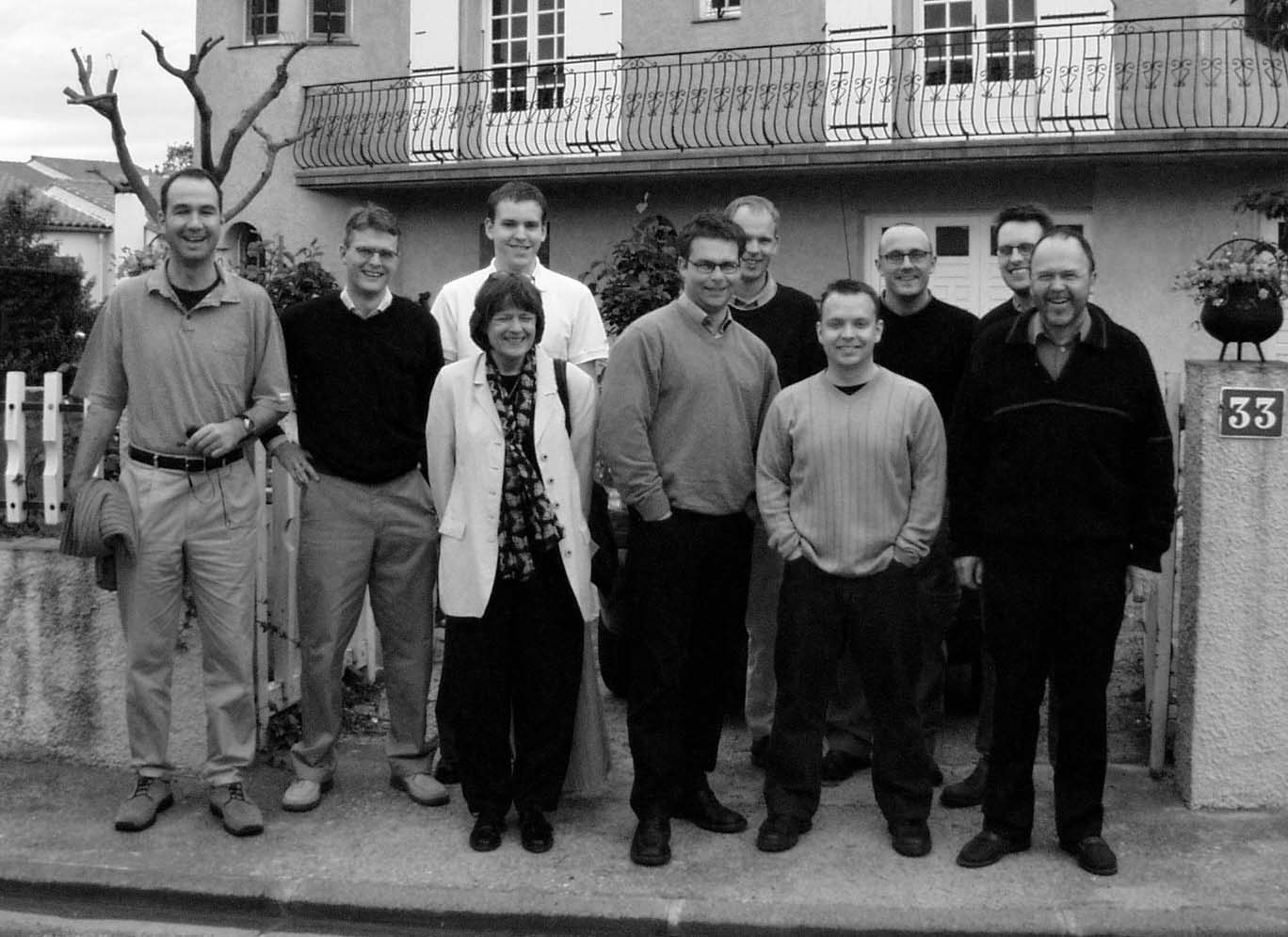
2005
The Øresund-bridge was opened in 2000 and established a closer link between Copenhagen and the southern part of Sweden. Polaris has initially only focused on Denmark but expanded the team with its first Swedish staff and started to invest in Sweden in 2005 with its second fund with 270 MEUR of capital. At the end of the year, Polaris had made its first two investments in Sweden, Add Pro and Jetpak, and had a total of eleven platform investments.
2009
Jan Johan Kühl was recruited as the new Managing Partner in 2007 and in 2009, he and the team raised 365 MEUR for Polaris’ third fund during the global financial crisis. At that time, Polaris had eleven portfolio companies and thirteen employees, of which seven were still with the company at the end of 2021. Polaris start to organize the first value creation workshops for the management teams in their portfolio companies.
2015
Polaris continues to invest in mid-sized companies and raises 450m EUR to its third fund. At the end of the year, Polaris had 12 portfolio companies and 19 employees. After having executed 26 workshops for its portfolio companies, Polaris structures its support to its portfolio companies in Polaris Excellence Model.
2023
Polaris celerbrates its 25-year anniversary and launches its third strategy for investing in the Nordic mid-market through minority positions in listed companies: Polaris Public Equity.
2021
Polaris continues to grow and develop its focus on mid-market companies with its fifth fund with 650 MEUR of capital, +40 employees and a portfolio of 17 companies. Through the new fund, Polaris Flexible Capital, Polaris is preparing to broaden its investments in mid-sized companies through minority shareholdings and junior debt.

